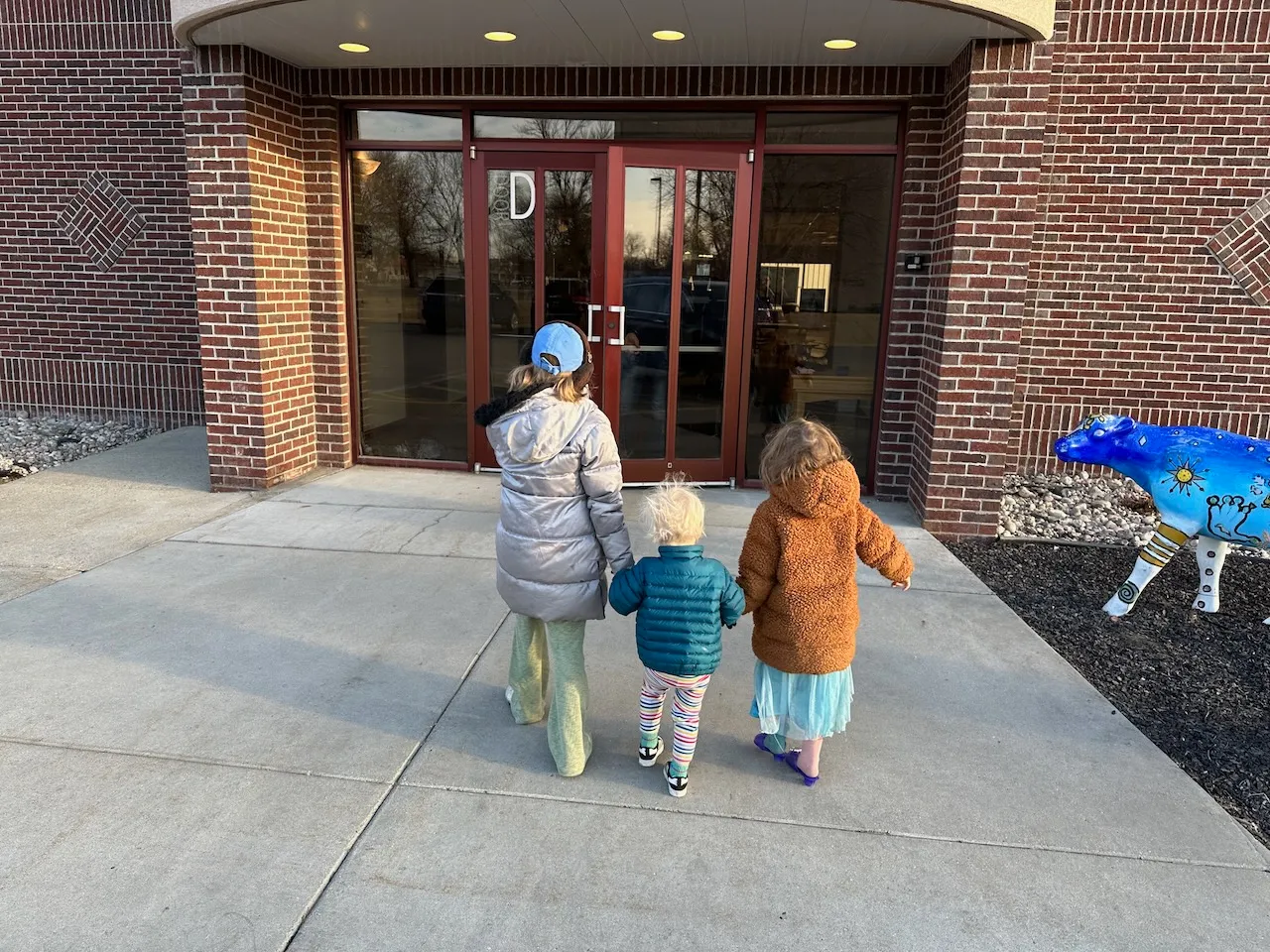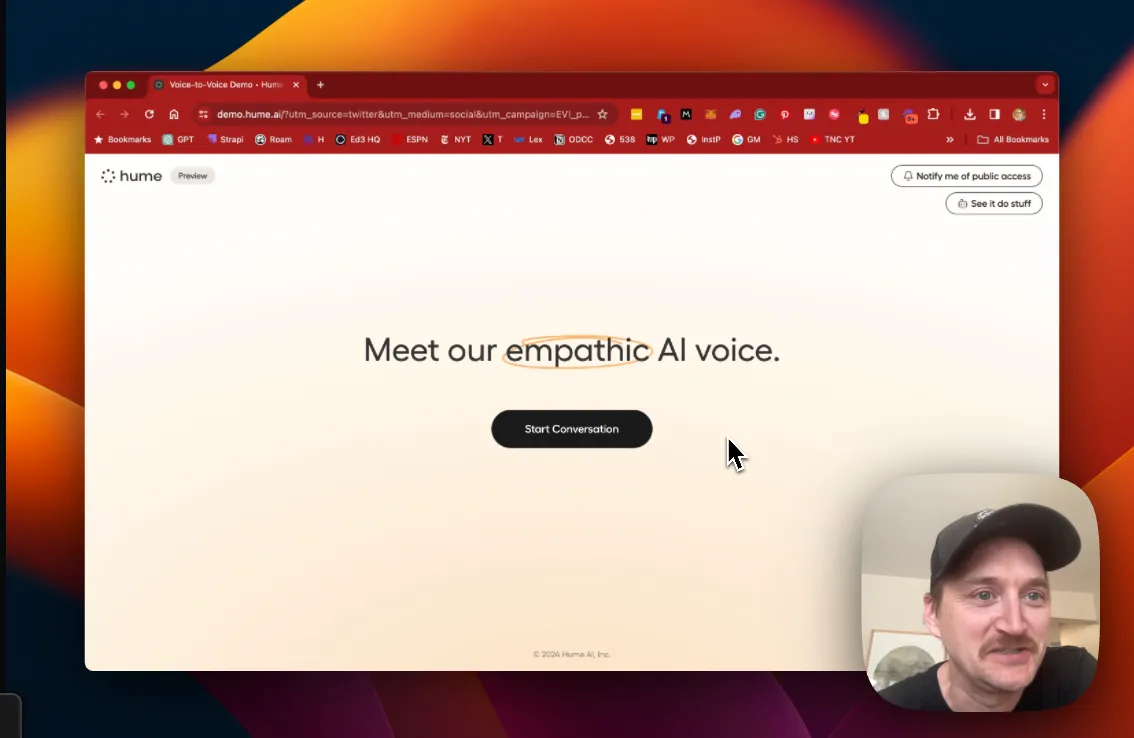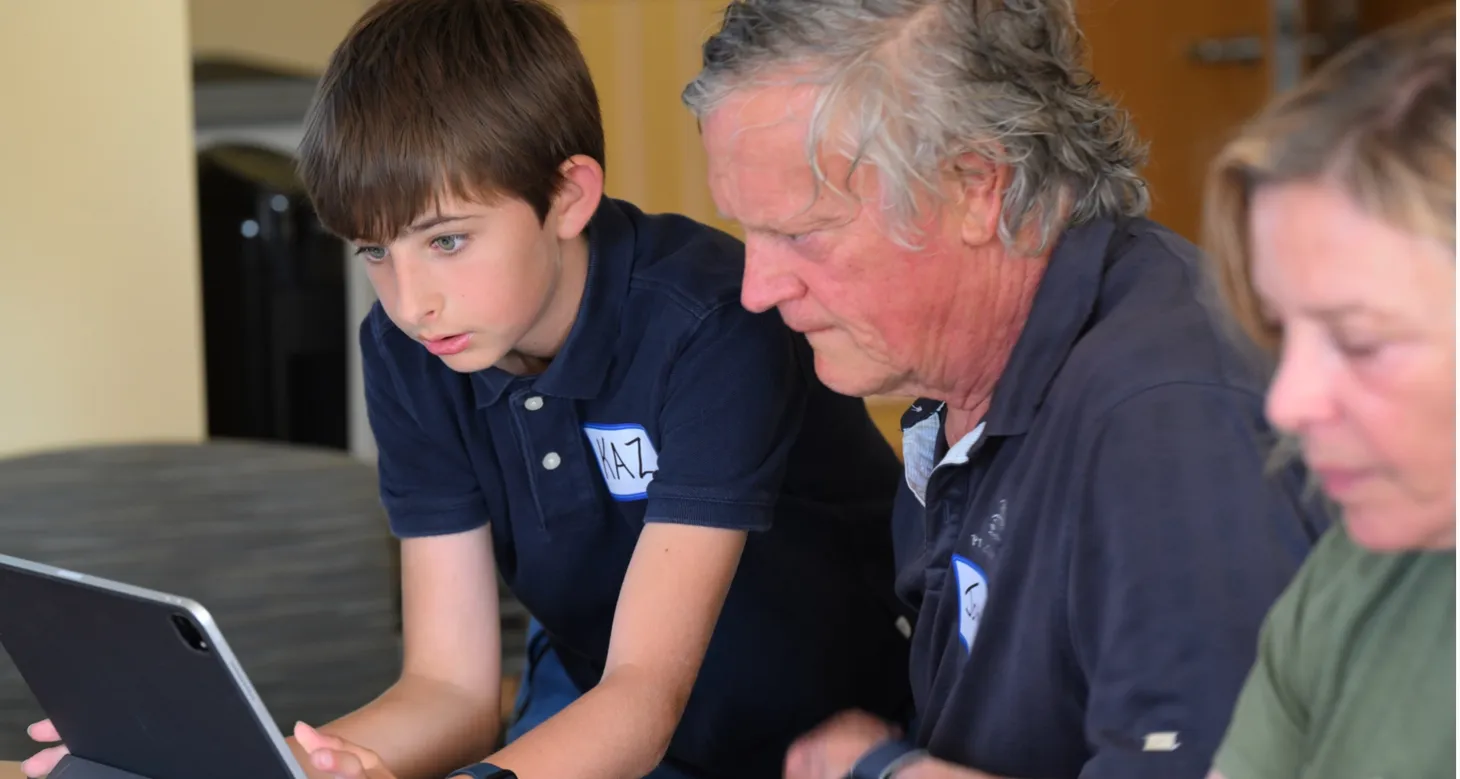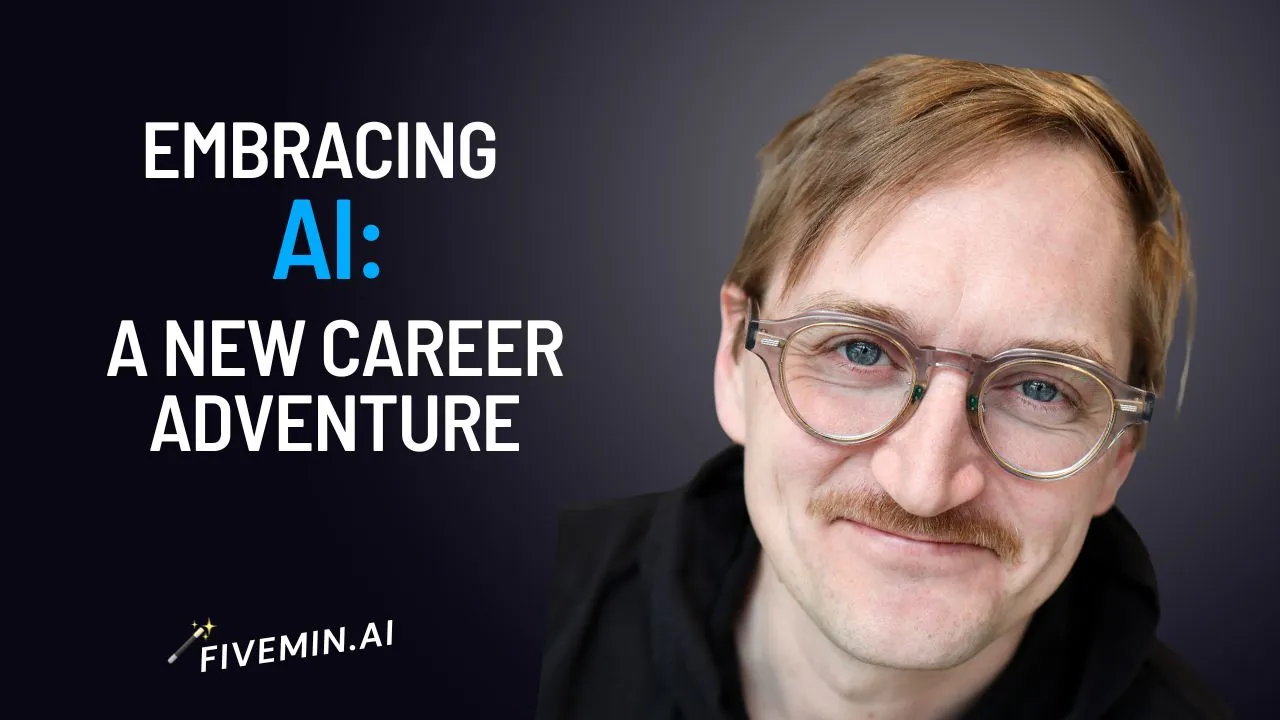Digest
A weekly round-up of the most important ideas, links, and tutorials.
The Emergence of Prepared Knowledge
The future of knowledge is personal and professional. Personal knowledge grounds this information in your own life. Prepared knowledge grounds this information in a pre-defined sequence and context. Prepared knowledge enables AI to be effectively used by companies, organizations, and customers.

🗞️ The Generational Impact of AI
AI offers a chance to build a generational legacy - that might just do the dishes so you can be creative. Reflect on AI as a generational opportunity in this article.

AI is the Future of Rural
AI maintains our standard of living in the face of declining and aging populations. We need to embrace AI to maintain our dynamism. The true safety concern is not AI gone rogue, it's AI gone missing.

🗞️ Empathetic AI Adoption
AI is slowly being adopted, but new use cases show potential for real human impact.

🗞 AI for the Rest of Us
Educators need AI. I've been building a company in AI, leading me back to the world of education.

🎧 Kid Prodigy to AI Educator: Kaz Keller's Journey to Empower Others with AI
12-year-old Kaz Keller is hosting AI workshops, training everyone from 12-year-old peers to 90-year-old community members on how to use AI. Kaz shares why AI should be taught in schools, his newfound appreciation for his teachers, and his dream of a selfie with Elon Musk.

🎓New Course: AI for Nonprofits
Don't fear AI. Use AI to make an impact in the world. This course will help.

🚨 Embracing AI: A New Career Adventure
I'm starting a new career adventure, working full-time, teaching, and consulting in AI. Few are taking advantage of AI, and that should change.

🗞 Educators as Builders - How EdTech Went Local
Every teacher is an edtech designer. With a foundation of empathy, educators are now empowered and able to solve classroom challenges.

🗞 Fractional Education: Bounty-based Learning, Upskilling as an Olympic Sport, BabyAGIs in Action
Education is an Olympic sport. Workers need to retrain every four years. The education system needs to prepare learners for this continual learning. Fractional education may be one solution.

